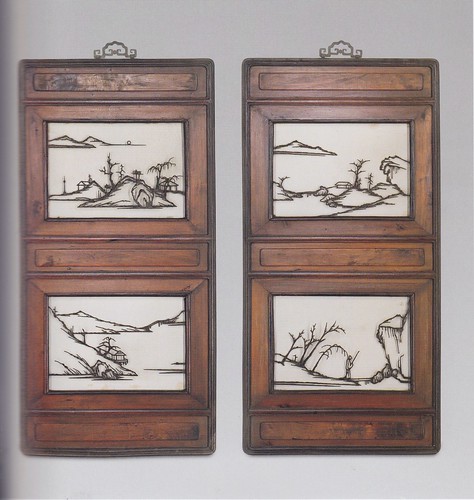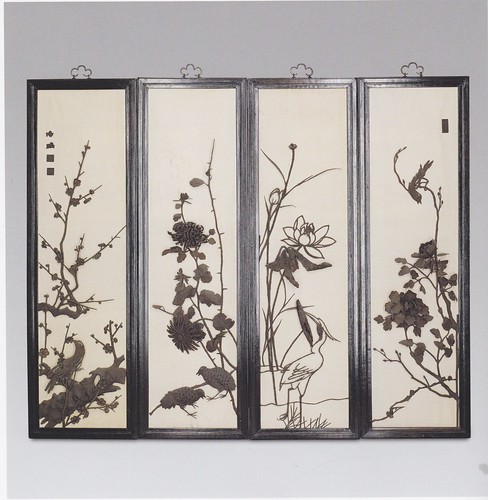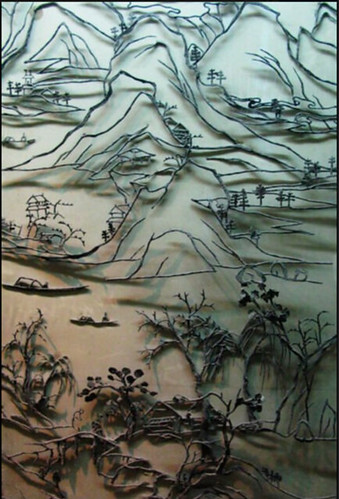With many former Song subjects alienated during the rise of the Qing dynasty, great conflicts arose. It was highly dishonorable to serve two dynasties, thus subjects had to become either remnant or eremitic. In tiehua, the sentiment was more so eremitic, i.e. to retreat into nature away from society (a more Taoist concept). This is not to say that Confucian scholars did not enjoy landscapes–from their perspectives, landscapes acted as an escape from the errors and ills of society. Nonetheless, the hegemonic rule of Manchus was hurtful to the Hans, who now had fewer opportunities in the government and civil service exams for success. Many developed careers outside of this single narrative. Interestingly, though, the threat of ethnic identity resulted in an outpouring of creativity, much of which resistant in some way or another:

Eerie Landscapes & Distant Mountains
Traditional Bird-and-Flower
Tang Peng Landscape Escape

